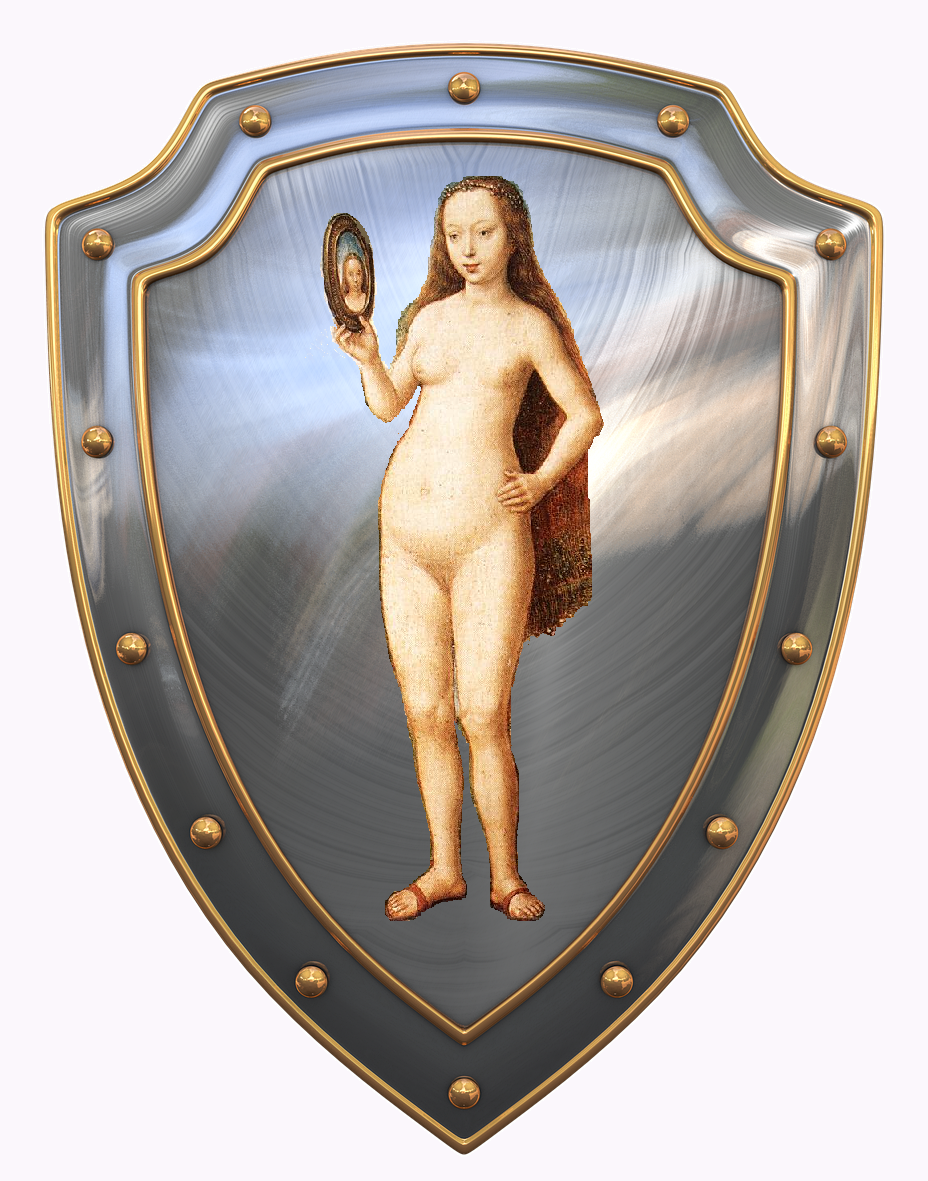By Paul Elam
If you’ve been an attentive follower of my work, particularly the collaborative efforts with Peter Wright, you know that we’ve explored the historical roots of gynocentrism and, just as importantly, the origins of the romantic model of pair bonding and marriage. We’ve written about Queen Eleanor of Aquitaine and her daughter Marie, who instituted a sex-relation model based on men idealizing women and being shamed into serving them. That model, once referred to as courtly love, was spread with the help of commissioned troubadours, reinforced with their love stories, romantic songs, and poetry. And as we can plainly see in modern times, electronic media continues that tradition in full force on a worldwide platform. Now operating under the heading of romantic love, we can describe it with a more modern and accurate turn of phrase; Romantic love is the practice of males simping to narcissistic women.
Eleanor and her daughter were the first to popularize this practice, however the original impetus came from Eleanor’s grandfather William IX Duke of Aquitaine (1071-1127 CE), who is considered the world’s first troubadour – a man who wrote effusive, gushing poetry, expressing love for women in worshipful stanzas. He took delight in performing music and song, serenading women, and feeding their narcissistic hunger. William’s gynocentrism was so exaggerated, in fact, that he had a picture of his naked mistress painted on his shield, claiming that he was glad to bear her image in battle as she had borne him in bed.
So, it is clear. William IX was patient zero in the romantic chivalry virus that has since infected the world. We find no historical example of this kind unbridled gynocentrism in a man of prominence that predates him. All of this is understood in academic circles, but little known outside of them. William M. Reddy, Professor of History and Cultural Anthropology at Duke University, describes William’s role in the tradition as follows:
The genre of the troubadour song, and with it the basic elements of courtly love, seems to have arisen full-blown in his mind, ready to be imitated and elaborated by his many enthusiastic followers.
The lyrics of ten songs by William IX have survived. They form a curious series. Four are recognizably troubadour love songs, offering, in Reto Bezzola’s words, “an entirely new conception of woman and of love, new not only for the count of Poitou, but for the entire world.”1
While understandable that women would have embraced such a model in order to obtain material and narcissistic gratifications from men, it’s more perplexing that a powerful man did so when he could have had any woman at any time, by simply wiggling his finger. How strange that his chosen path instilled a brand of pathetic sycophancy in contemporary and future men, effectively rendering him a traitor to his own sex.
And indeed, do we not see this on full display in modern times? How many powerful men with high sexual market value have you seen engaging in sappy public fawning over women, gratuitously feeding their egos as a kind of twisted performance art?
And how many men lend silent complicity to this game, following William’s traitorous ways? Recently, there was a televised debate of Republican presidential hopefuls. Nikki Haley, the only woman on the stage alongside six very powerful, influential men, interrupted the entire field at one point and blurted out, “If you want something said, ask a man. If you want something done, ask a woman.” The remark, a reference to her book of the same title, was met with applause by the audience and sheepish silence by the allegedly powerful men on stage. Now, even the most cursory look at modern civilization, where literally nothing is built or maintained by women, informs you that what Haley said is complete bullshit. That, however, didn’t motivate a single man onstage to say a single corrective word. It was a telling microcosm of what society has become under the romantic model, and proof that William the Simp’s infectious ideas took root and flourished.
The court of William IX at Poitou, considered the center of culture at that time, was filled with song, a culture of courtly love, and affluence. Aquitaine was the richest duchy in the south of France.2 Eleanor was raised in this court where she would watch the spectacle of courtly love and its requisite worship of women play out every day of her childhood. Apparently, Eleanor warmed very quickly to the sight of obsequious men shamelessly competing for the approval of women. She would later elaborate and bring that vision to the entire world when she became Queen of both France and England.
Has there ever a greater traitor to the collective male sex than William? He’s brought simping to the world and set the bar high on its practice. His little fetish has now spread to become more popular than the gospel of Jesus. More romantic love novels are sold each year than are copies of the Bible. In fact, just one Texan author alone sold 3 million more copies of her romance novel in 2022 than copies of the Bible in the same year. Let that sink in.3
William’s story is instructive for how badly men can screw up, and that brings us to similar behaviours we see in men in the here and now. Should we really blame women for the rise of romantic chivalry? Is female narcissism the real culprit? Perhaps feminism? Certainly there’s cause to point at those things, though diligence compels us to also look askance at men who swallowed the romantic narrative with little to no resistance. Fathers, husbands, male lovers all share in the blame.
And of course, blaming the source only gets you so far. Ultimately, we settled on the idea that William the Simp is the red pill man’s greatest object lesson. In a way he’s our best friend. The guy you learn what not to do from. After all, to William he was striking out into new territory: women had never been so elevated, so overblown before in any of recorded history. He was a powerful guy with a masochistic submission fantasy. Women jumped on that and rode it like a sybian sex aid.
But that’s the good part. If you’re a red pill guy here for your dose of content, you are also striking out into new territory. You’re doing something unheard of to most men until recent times. The path you’ve chosen won’t please women, and it won’t sell near as well as kissing women’s asses, but there’s a major silver lining to that. The past thousand years of simping stops with you.
References:
[1] The Making of Romantic Love: Longing and Sexuality in Europe, South Asia, and Japan, 900-1200 CE.
[2] Eleanor of Aquitaine, in New World Encyclopedia.
[3] Author Colleen Hoover went from tending cows to writing bestsellers.

